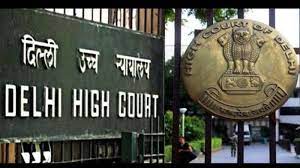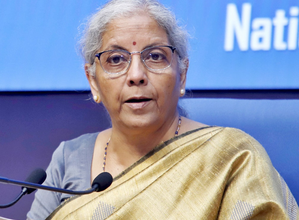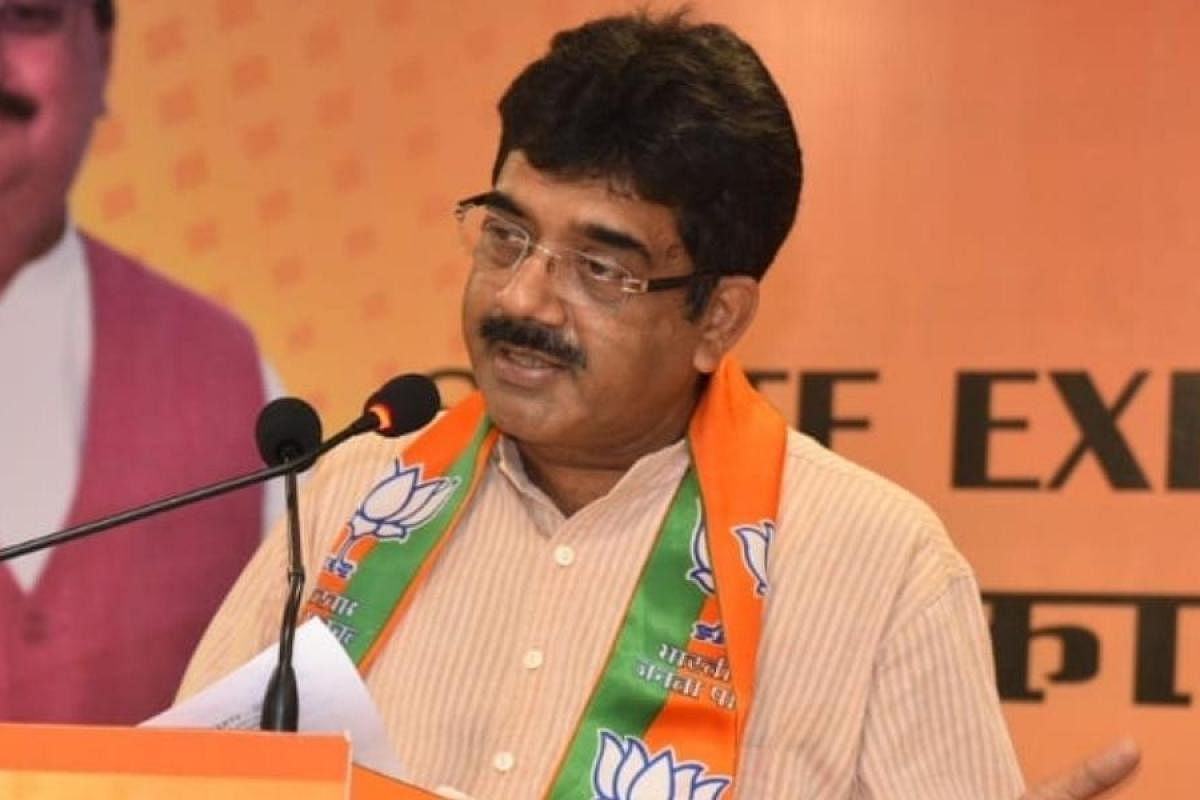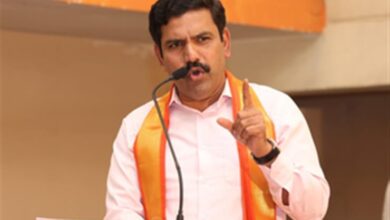Delhi HC Seeks Centre’s Response On Plea Against Waqf Act

May 12: The Delhi High Court on Thursday sought Centre’s response on a plea challenging the constitutional validity of the provisions of the Waqf Act of 1995 and terming it “arbitrary.”
Issuing notices to the Ministry of Law and Justice and Central Waqf Council, a division bench comprising Acting Chief Justice Vipin Sanghi and Justice Navin Chawla clubbed the Public Interest Litigation (PIL) with other similar petitions and posted for hearing on July 28.
The plea was challenging the Waqf Act 1995 and calling it an entirely violative inter-alia of the scheme of the Constitution and more particularly Articles 12, 13, 14, 15, 21, 25, 26 and 300A.
In the plea, petitioner Adv Devendra Nath Sharma contended that the Central government doesn’t have the legislative competence to make laws with respect to Waqf and religious Muslim properties at the exclusion of non-Muslim citizens of India.
He also argued for directions for a Uniform Civil Code which can govern the private properties of citizens under the Constitution. “The upkeep and control of religious Waqf properties in India is a private affair/purpose and not a public purpose, therefore state can’t be permitted to manage the same at the expense of public money,” it read.
In a similar petition, BJP leader and lawyer Ashwini Upadhyay had recently approached the court.
His PIL contended that there is no safeguard for Hindus, Jains, Buddhists, Sikhs, and other communities to save their properties from inclusion in the list of Waqf issued by Waqf Boards. Therefore, Hindus, Jains, Buddhists, Sikhs, Bahais, Christians, and Zoroastrians are discriminated. It offends Articles 14-15, it said.
Petitioner Upadhyay was challenging the vires of S. 4, 5, 6, 7, 8, 9, 14 of the Act, stating these provisions grant special status to Waqf properties denying equal status to Trust, Mutts, Akharas, Societies, and confer unbridled powers to Waqf Boards to register any property as Waqf property.






